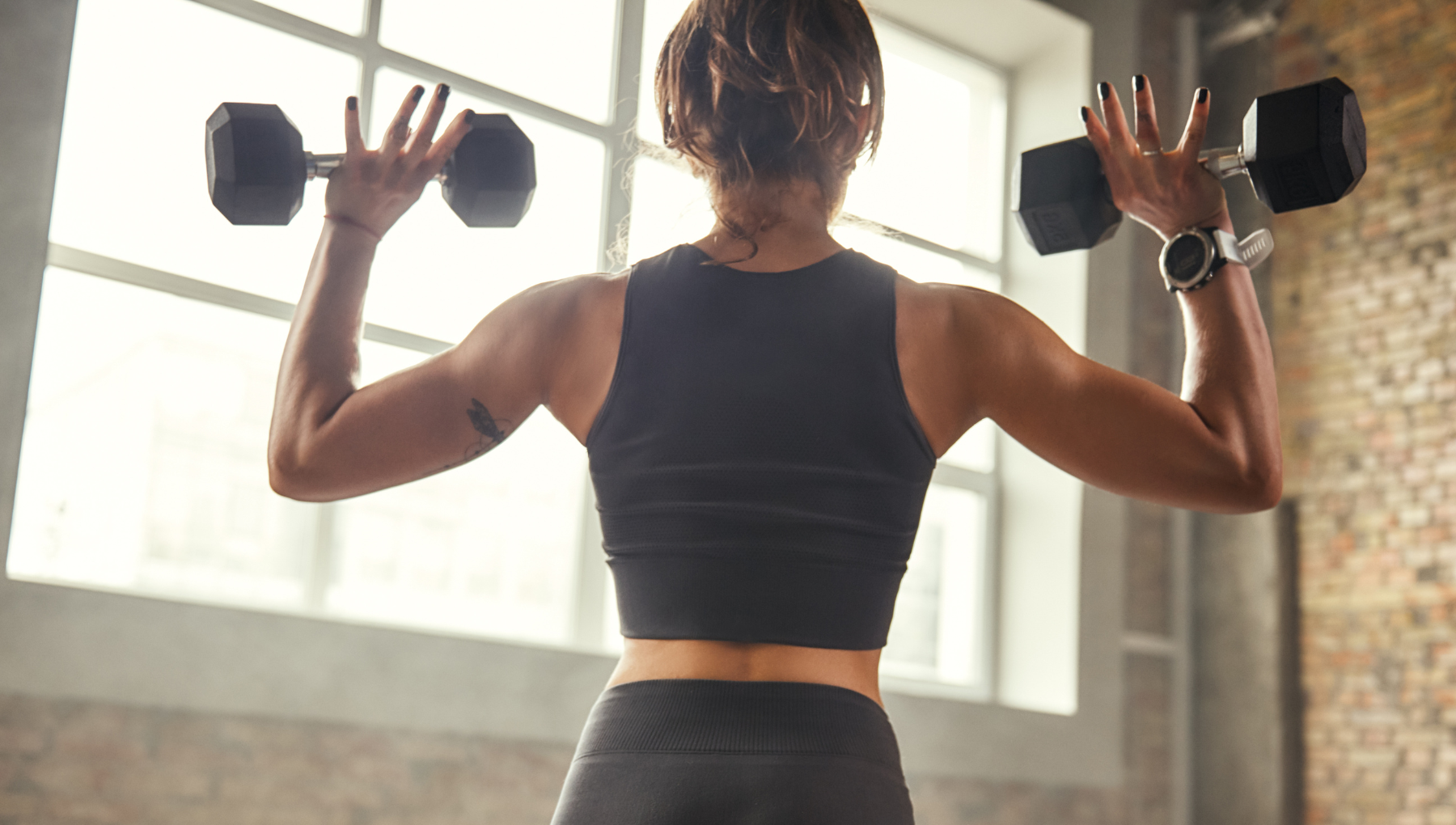What You Need to Know About Protein, Muscles, and Body Composition as You Age
As if the insomnia, anxiety and hot flashes you’re experiencing aren’t bad enough, there’s also the annoying weight gain that started to happen once you hit perimenopause.
In fact, Dr. Gabrielle Lyon, a physician, public educator and best-selling author, says 70 percent of women report weight gain during the menopause transition.
Lyon took a deep dive into why this might be the case in her podcast with her guest Dr. Jamie Baum, an Associate Professor in Food Sciences at the University of Arkansas.
According to Lyon and Baum, even though the average woman might gain a couple pounds per year during their menopause years, they suggested that they don’t think weight gain during the menopause transition has to be unavoidable.
That being said, for most women, avoiding weight gain requires a willingness to put in the work.
LISTEN TO PODCAST
The Work You Need to Do?
Eat Protein and Keep Strength Training!
Lyon and Baum admit there are forces outside of a woman’s control that might be causing weight gain during the menopause transition (ie the hormonal changes), but also the science isn’t totally clear about why exactly weight gain is so common.
In light of this, Lyon said this: “When you control for diet and training, we find that weight gain [during menopause] is not inevitable.”
More specifically, if you can maintain your muscle mass through eating enough protein and regular strength training, menopause doesn’t always need to go hand-in-hand with unwanted weight gain.
Why is Protein so Important, Anyway?
When it comes to macronutrients—carbohydrates, protein and fat—protein is the most satiating of the three, Lyon and Baum explained. This means, protein ultimately plays a role in appetite regulation and can help you avoid overeating.
- Further, protein is required to help build and maintain skeletal muscle, an important factor in keeping a healthy metabolism.
But the reality is, protein is “scary” to many women, so they’re not getting enough, Baum said.
- According to Baum, the average woman's diet is made up of 13 to 15 percent protein, and it should be closer to 30 to 40 percent.
That being said, even you’re getting enough protein, muscle mass doesn’t build itself.
- As Lyon said, “You have to move muscle. When you’re not training, body composition management is going to be a struggle.”
Or as Baum put it, protein itself doesn’t build muscle for you.
“You have to put in the work,” she said.

